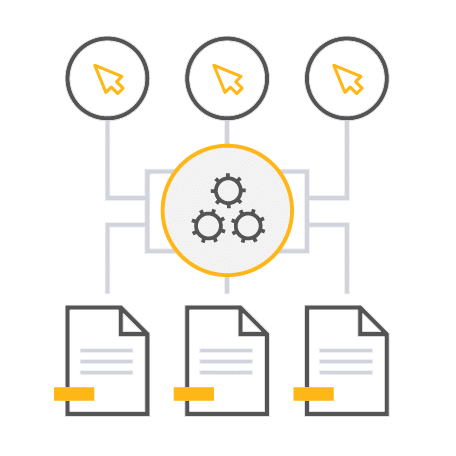Rank higher in searches and get found more often.
Medical SEO (Search Engine Optimization)
Stop wasting money and time on search engine optimization strategies that don’t work. Letting our team devise your advanced SEO tactics means working with experts focused on real, tangible improvements instead of unproven theories.





Improve Your Online Visibility
Appearing high in search results pays off.
Search Engine Optimization (SEO) is the process of modifying your website to improve the visibility of your business in relevant search results. Did you know that the top three Google search results get 75% of all clicks?

Strategic, useful content
We write for humans, and get ranked by search engines.
Our content optimization process means people want to read your website copy -- and search engines understand it and rank it higher. Monthly blog posting keeps things fresh and demonstrates your expertise in your field.

Technical issues? Not anymore.
Say goodbye to penalties from backend website issues.
From advanced techniques that help search engines understand the setup of your website to identifying and fixing complex technical problems, our team can help identify and correct the things you might be missing.


Track performance easily
See your SEO performance at a glance.
Gain actionable insights and manage your entire website SEO in a single dashboard. Want to know what’s different this month compared to last month? See it all easily in the MyAdvice Success Center.
Shine online.
You’ve worked too hard for too long to blend in online. MyAdvice shines a light on the great work you do so others take notice.


